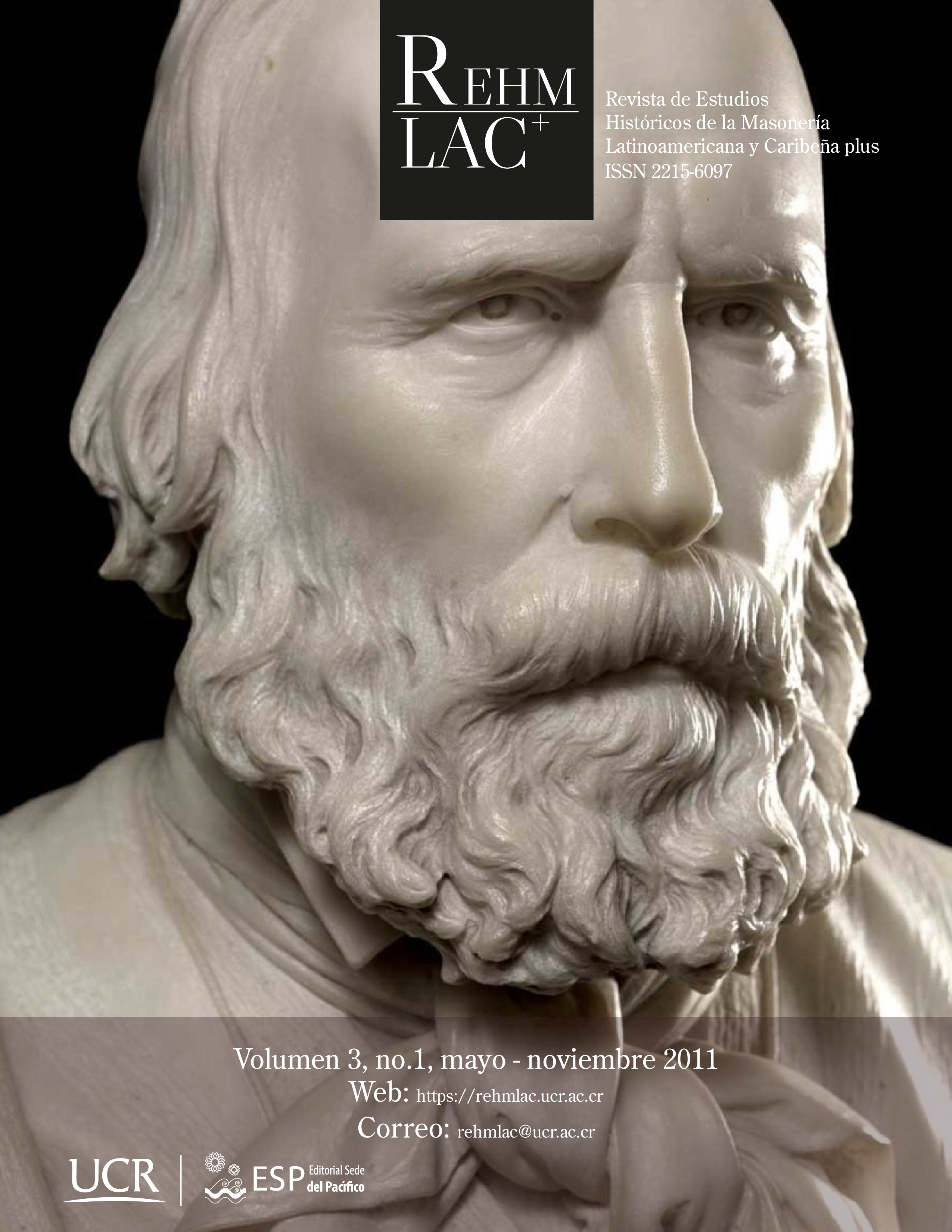Abstract
Both scholars of globalization and scholars of Freemasonry (bound by nation-based frameworks of analysis) have insufficiently examined the relationship between the fraternity and globalization. This article uses Manfred Steger’s definition of the four characteristics of globalization to argue that Freemasonry made a multifaceted contribution to the history of globalization during the eighteenth and nineteenth centuries.
It furthered the process by which the world became more interconnected by creating a global network that transcended traditional boundaries, by expanding and stretching social relations (both among its members and between Europe and the wider world), by accelerating and intensifying social exchanges and activities, and by fostering global awareness. In the process, this ultimate global brotherhood also played a role in the extension and functioning of modern European empires, especially the British Empire, which were in and of themselves agents of globalization.

This work is licensed under a Creative Commons Attribution-NonCommercial-ShareAlike 4.0 International License.
Copyright (c) 2009 REHMLAC
